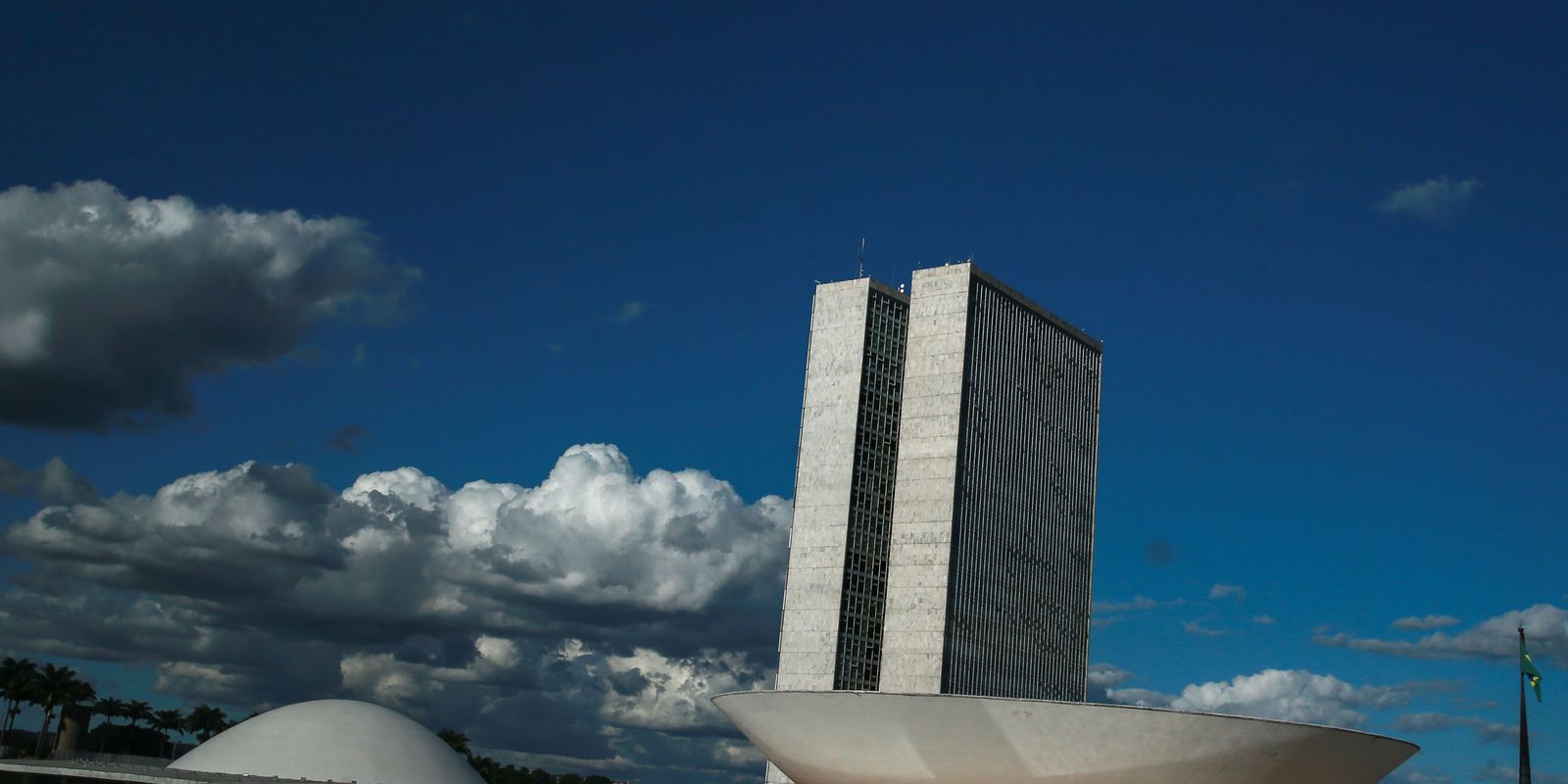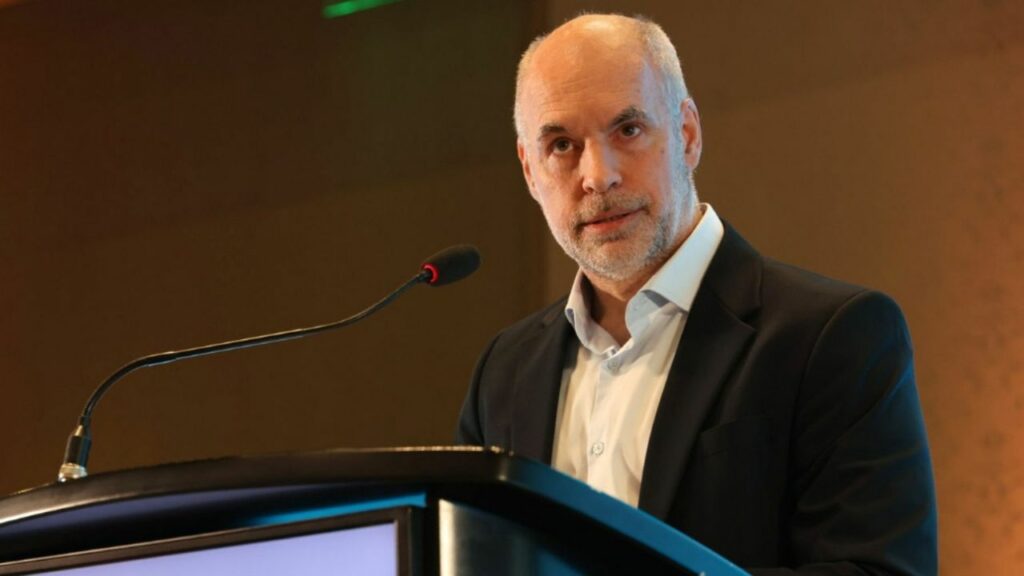The Proposal for an Amendment to the Constitution (PEC) of the Transition was enacted this Wednesday night (21) by the National Congress in a semi-presential solemn session held in the Senate plenary, about 15 minutes after the approval of the PEC in the Senate. With the enactment, the changes proposed in the text become part of the Constitution through Constitutional Amendment 126/2022. 
The president of Congress, senator Rodrigo Pacheco (PSD-MG), said, in his enactment speech, that the proposal was the subject of intense debates in the Senate and in the Chamber, and in the latter House it underwent “improvements” that demanded its return to the Senate, where the PEC was initially voted on, and thanked the efforts of parliamentarians.
Pacheco highlighted that the proposal took a period of 23 days from its presentation until its enactment, which prevented the beneficiary families of the Auxílio Brasil, which will once again be called Bolsa Família, from receiving a benefit of R$ 600 as early as January 2023. For the President of Congress, the Constitutional Amendment guarantees “minimally acceptable levels of human dignity and the exercise of citizenship to all Brazilian men and women”.
The enactment of the PEC allows the Joint Budget Committee (CMO) to vote on the Annual Budget Law in committee meeting scheduled for 10:00 a.m. this Thursday (22). In the assessment of the general rapporteur for the 2023 Budget, senator Marcelo Castro (MDB-PI), the Union Budget for next year would only be made possible with the approval of the Transition PEC.
Changes
With the enactment of the PEC, the new government will have R$ 145 billion in addition to the spending ceiling, of which R$ 70 billion will be used to fund the Auxílio Brasil (which will be renamed Bolsa Família in 2023) of R$ 600 with a additional BRL 150 per child up to 6 years old.
The other BRL 75 billion can be allocated to expenses such as health policies (BRL 16.6 billion), including the Popular Pharmacy program and the real increase in the minimum wage (BRL 6.8 billion). The PEC also opens fiscal space for another R$ 23 billion in investments for a period of one year.
These extra-ceiling expenses are valid for one year. The initial proposal approved by the Senate was for two years. The House reduced it to one.
The constitutional amendment also changed the allocation of resources from the so-called secret budget, the rapporteur’s amendments, considered unconstitutional by the Federal Supreme Court (STF). An agreement between party leaders defined that the resources will be apportioned between individual amendments and non-mandatory execution schedules by the Executive. The Chamber will keep 77.5% of the overall value of the individual amendments; and the Senate, with 22.5%.
Golden Rule
The constitutional amendment dispenses with the “golden rule” regarding the need for the Executive Branch to request authorization from the National Congress to issue public debt securities to finance current expenditures in the amount of R$ 145 billion next year. Resources will still be left out of the primary result target.
Limitations on the spending ceiling on donations received by federal universities, resources for gas aid in 2023, transfer of resources from the states to the Union to carry out engineering works and services are also removed. Donations for socio-environmental projects related to climate change are outside the limitation.
In the case of payables, which are expenses for which the government has committed to pay and referring to previous years, the text increases from 0.6% to 1% of revenue the total amount that can be considered for execution of parliamentary amendments. The reference will also be the net current revenue for the year prior to the submission of the Budget Law project.
The constitutional amendment also determines that the President of the Republic submit to the National Congress, by August 31, 2023, a complementary bill with the objective of establishing a new fiscal regime “sustainable to guarantee the macroeconomic stability of the Country and create the adequate conditions socioeconomic growth”.
* Collaborated with Wellton Máximo and Heloísa Cristaldo















